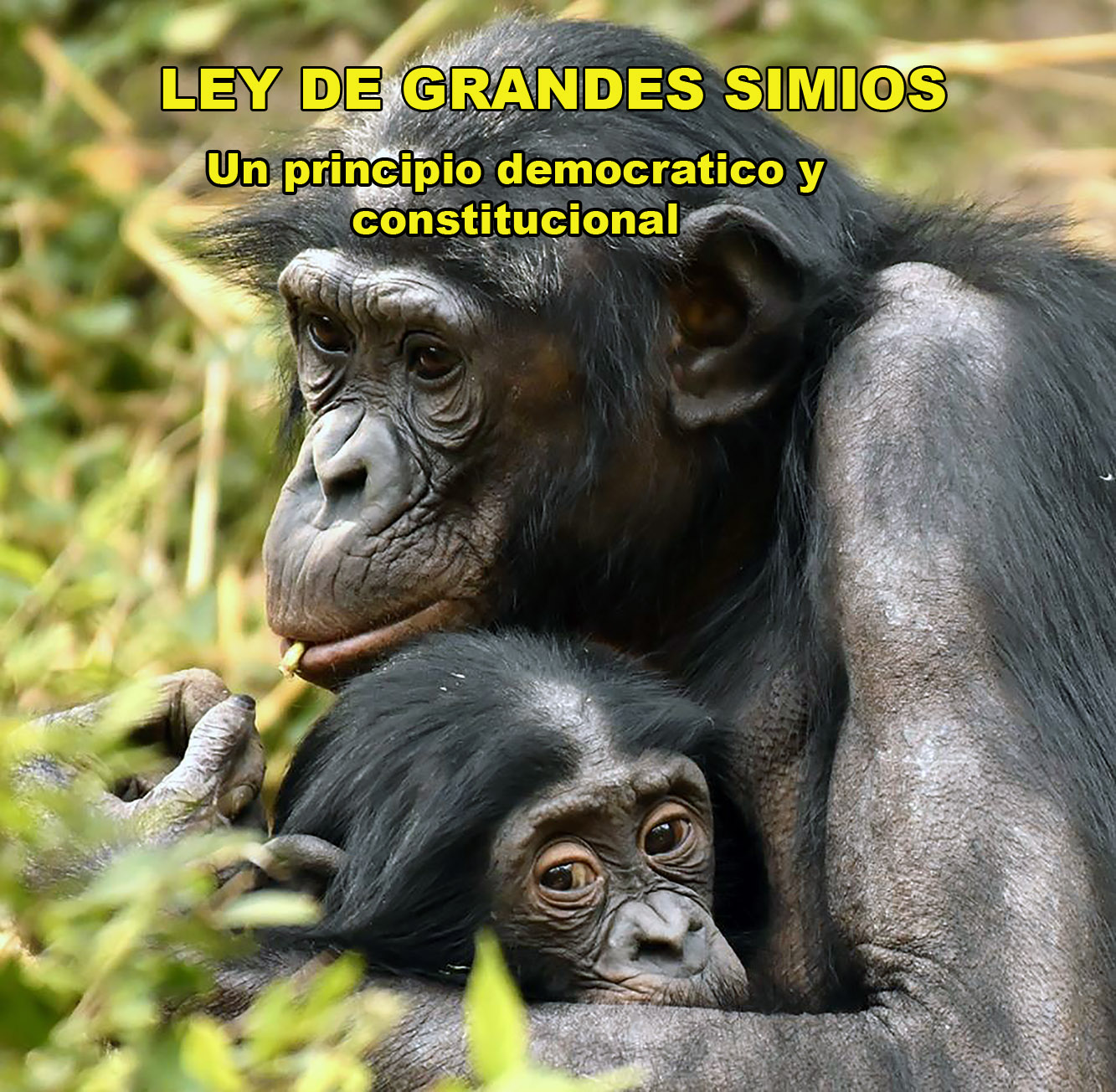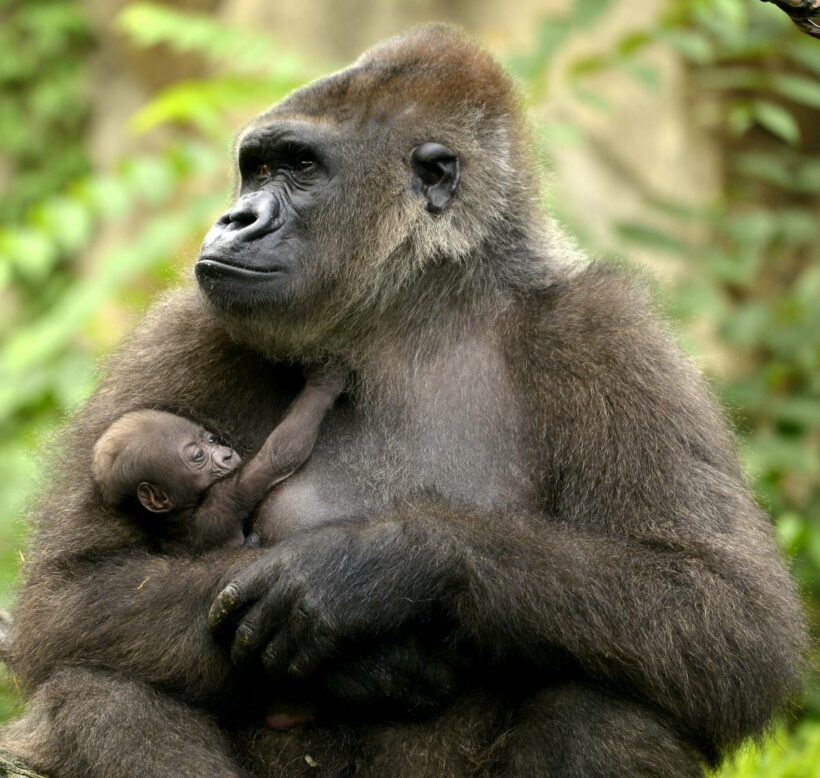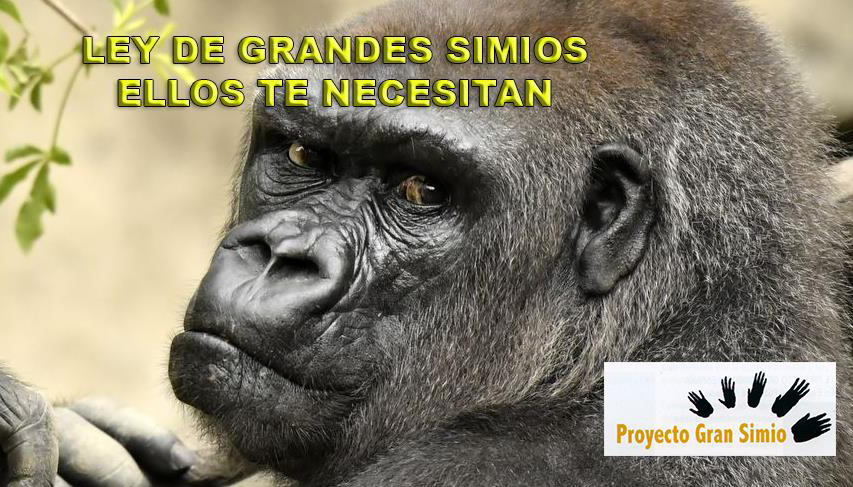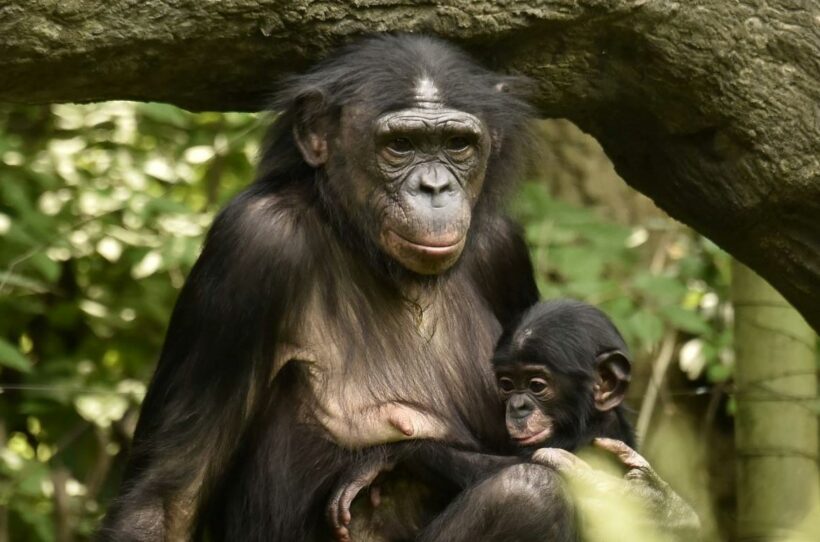On 30 May 2019, the Great Ape Project Association filed a complaint with SEPRONA for the alleged mistreatment of dolphins at the Madrid Zoo, for using them in circus shows when they are sick with wounds on their skin. The inspection that should have been carried out strongly recommended that independent veterinarians carry it out, but this was not the case. Claiming to have found nothing, and without prior notice, the zoo sued Project Great Ape (PGS) for defamation on 14 February 2020 for publishing the story in the press. In a long legal process, the zoo lost in the Court of First Instance, appealed, lost in the Provincial Court, appealed and lost in the Supreme Court, with a final judgment against the Madrid Zoo on 20 December 2023, rejecting the claim and establishing jurisprudence.
What the Zoo has been trying to do since the beginning is what is known as “strategic lawsuits against public participation”, i.e. unfounded and exaggerated lawsuits brought by powerful people, companies, and even state bodies, with the intention of intimidating, silencing, and discouraging critical voices that openly denounce issues of public interest, trying to exhaust their resources in this way.
In response to the Supreme Court ruling, PGS announced there is no need to fear making complaints if they are made respectfully and truthfully with evidence. This process has shown that the truth will prevail despite strategic demands for fear-mongering.
This is how the Executive Director of the Great Ape Project began his intervention at the conference held at the Congress of Deputies on 24th May on Great Apes in Zoos and the Law on Great Apes, a law that PGS has been fighting for over two decades to be implemented in Spain.
In 2006, Paco Garrido, Joaquín Araujo, and the Executive Director of PGS held a press conference in Congress to explain the proposal presented by the Greens, then represented by Paco Garrido. Garrido. The press conference lasted more than an hour and none of the media moved, perhaps thinking they were about to say something outrageous. Paco commented that he had never seen a press conference in Congress where the media stayed for more than an hour during our presentation.
There was a great national debate, in which even religious institutions, the transsexual collective, the Civil Guard unions, and even Amnesty International issued communiqueés demanding that, before giving rights to the great apes, they wanted to have rights themselves. However, this national debate went beyond our borders and echoed worldwide, with one particularity: outside our borders, if they took the proposal seriously and understood its meaning. But it still did not pass.

Photo Jeff McCurry/Great Ape Project
In 2007, the Balearic Parliament unanimously approved the same PNL without doing anything for the great apes. This PNL called not only for basic rights but also for a Great Apes Law. New controversy at the national level.
In 2008, the same PNL was presented, this time by Joan Herrera of Izquierda Unida-Iniciativa Per Catalunya Verds. The Commission for the Environment approved the bill, giving a year for a law on great apes to be passed. Once again, the opposition, the national press, etc. were in an uproar. With this approval, Spain was able to adhere to the objectives of the PGS by signing the Kinshasa Declaration on Great Apes. Spain also participated in five major projects for the in-situ conservation of great apes, and in 2013 a Royal Decree was issued banning scientific experiments on great apes in Spain.
In 2008, Spain became the first national parliament in the world to endorse the goals of the Great Apes Project and commit to enacting legislation.
In the recently approved Animal Welfare Law, which will come into force on 29 September 2023, the fourth additional provision, after six months of publication, states that within three months of the entry into force of this law, the government must present a draft law on great apes. Three months. More than four months have passed and nothing has been done. Is this the same story as in 2008? It should be remembered that the Law as mentioned earlier on Animals, with the additional provision of the Law on Great Apes, was approved by the Senate and Congress, with the corrections proposed by the political groups, without removing them, and was therefore unanimously accepted in both chambers to legislate on the rights of our evolutionary brothers, thus being marked as a constitutional mandate that must be fulfilled.
This law on great apes is supported by numerous environmental and animal organizations (Greenpeace Spain, WWF Spain, IUCN Spain, Fundación Naturaleza y Hombre, ASANDA, ATEA, José María Bermúdez de Castro, ADDA, Abogados por la protección Animal y el Medio Ambiente de la Comunidad Valenciana, APDDA, International Committee of the World Biological Corridor, Oxygen Foundation, DEPANA, phi Foundation, Savia Foundation, Darwin Foundation, ADPA, ANPBA, Joaquín Araujo, Juan Carlos Suñén, Intercids, Association of Veterinarians Against Bullfighting, Geological Society, Pacma, Podemos, etc.). ). It therefore has broad support from civil society. ABC polled its readers in 2023, in which 57% of those who voted were in favor of a law on great apes, compared to 37% who were against it. A poll aimed at the most conservative. So, there is widespread public support and the government should legislate.
About the Great Apes Act in particular, which should be legislated for by statute, PGS has personally given the Director General of Animal Welfare a series of reasoned proposals that can be implemented without the need to change any other legislation. Some of the proposals are
1.- End captive breeding programs.
Reasoning:
Breeding programs only increase zoo collections or replace those that die. Scientifically, there are no studies to support captive breeding programs; they are only promoted by the European Association of Zoos and Aquaria (AEZA), without independent scientists. PGS has a document from the European Union stating that PGS does not participate in these programs at any time and that only AEZA does.
2.- An end to transfers between zoos for breeding purposes.
Transfers from one zoo to another, and even to other countries, for the sole purpose of reproduction, are common, separating great apes forever from their families and other loved ones. If captive births were avoided, transfers would not be necessary. Transfers should only be allowed where they would significantly improve the quality of their lives and never for breeding purposes.
3.- All great apes should be gradually removed from zoos and into sanctuaries wherever possible.
As captive great apes die, their cages should be emptied and no other great apes should take their place, wherever they may come from.
If the zoo wishes, it can run campaigns to support conservation projects in the wild and show its visitors the great apes in the wild through projections and videos, as well as feasibility studies for their reintroduction. In addition, when the apes are not present in their centers, they can create virtual visions with glasses in special rooms or in the same places where there are no longer any captive apes, showing how the apes live and how they live in the wild. With holograms, 3D videos, etc.
4.- Conditions of captive great ape enclosures during the process of adaptation to the regulations.
* Avoid breeding
* Enclosures must have sufficient environmental entertainment to prevent boredom.
* Enclosures must have sufficient security to prevent life-threatening escapes.
* Have a large, spacious area away from the public where they can be if they wish without being observed by the public.
* Their indoor areas should be out of sight of the public.
* To avoid stress, have no music on your premises or where they can hear it.
* Avoid people shouting, banging on windows or bars to attract attention, or throwing objects into your enclosure.
* In the event of an escape, avoid shooting them with live ammunition. Each member should have a dose of tranquilizer prepared for their size and guns ready for quick action.
*The interior should be spacious and not overcrowded.
* Facilities should have measures in place for fire, and flooding, where they cannot be trapped, and have rapid evacuation protocols in place.
* Euthanasia can only be used for their benefit, because of serious illness or very serious illness that cannot be cured and they are suffering.
* No experimentation should be included in the law, even though it is already included in the Royal Decree.
* To prohibit physical or mental abuse.
* A great ape that arrives at a rescue center cannot be donated or returned to a zoo. This has already happened in Spain.
 Photo Jeff McCurry/Great Ape Project
Photo Jeff McCurry/Great Ape Project
These are some of the key measures that have been requested to be included in the future law.
According to PGS, they are aware that despite the support of civil society and some political forces, the moment this law comes up for public debate, it will be ridiculed again, as it was in 2006 and 2008, and they will be criticized by numerous voices in the media and columnists who only want to misinform, without caring and without even knowing the content of the law. They will once again claim that this law is about giving people the right to work or the right to a home. But those who do so will fall into their ignorance: “This law is about respecting a sister species of ours, non-human hominids, who together share the same ancestry, the same evolutionary path, and numerous cognitive and genetic capacities. They and we have written the history of humanity. Without them, we would not be here. Therefore, we have no right to use them as a business, to enslave them without them having committed any crime, just because of our human ego to always be above all other species on Earth. They deserve our recognition and we must protect free populations and fight against their captivity,” said a PGS representative.
With the law on great apes, or as they should be called, non-human hominids, we will have partially compensated for the damage we have caused them by exploiting them, and it will be an example to the world in the fight for their fundamental rights.
In a statement by Jordi Sabater Pi, a primatologist who saved the life of Snowflake and was the first to rediscover, after Darwin, that the great apes used tools, he said: “I do not doubt that one day we will be judged very harshly for the captivity of the great apes, as we are today with those who captured and sold people as slaves for the benefit of the white people more than 200 years ago.
And then there were anti-slavery movements to abolish slavery, just as PGS members are fighting today to prevent non-human hominids, or so-called great apes, from being slaves to our ambitions and profits.
 Photo Jeff McCurry/Great Ape Project
Photo Jeff McCurry/Great Ape Project
Sentences that should make us think:
“A day in the zoo is a lifetime behind the bars of a living being.”
“Are we intelligent enough to understand that animals are intelligent?”
“Being born, growing up, and dying in a cage is not preserving the species”.
“To open the cages, we must open our minds and hearts.










